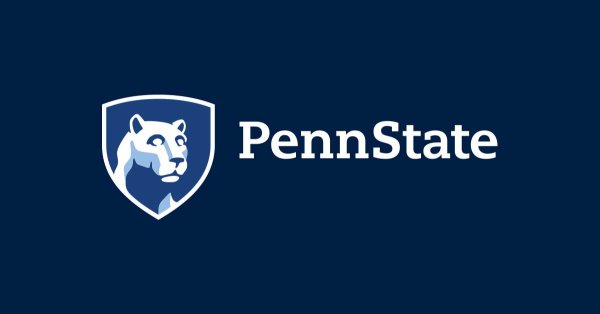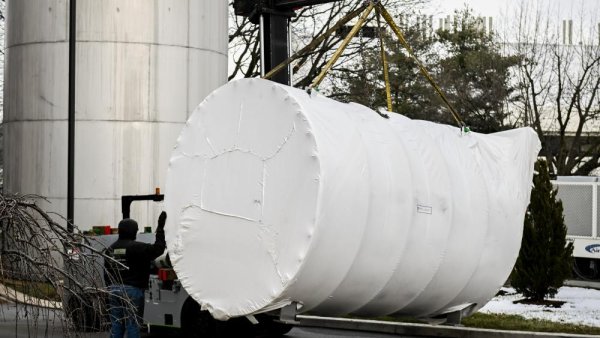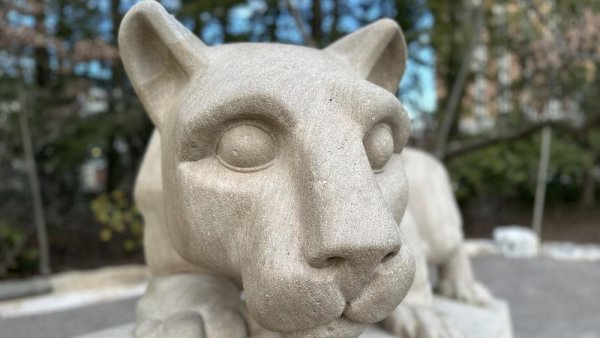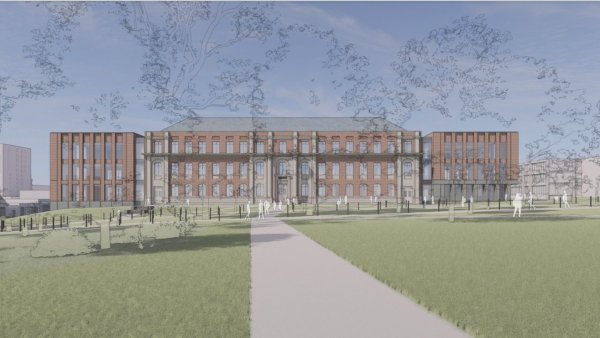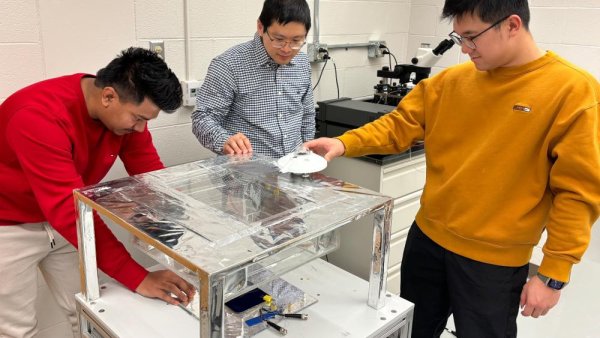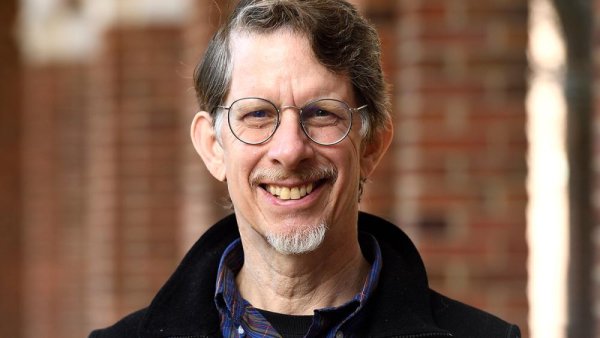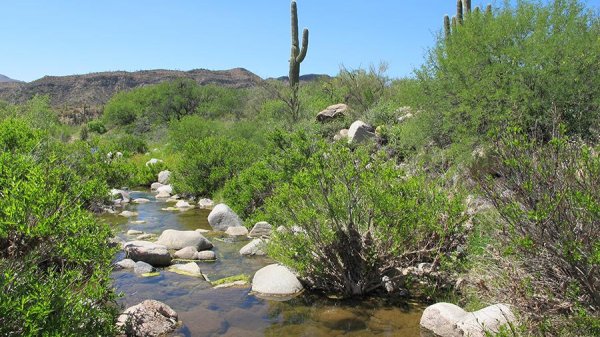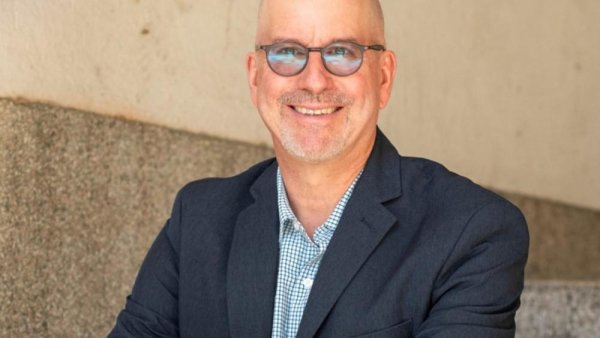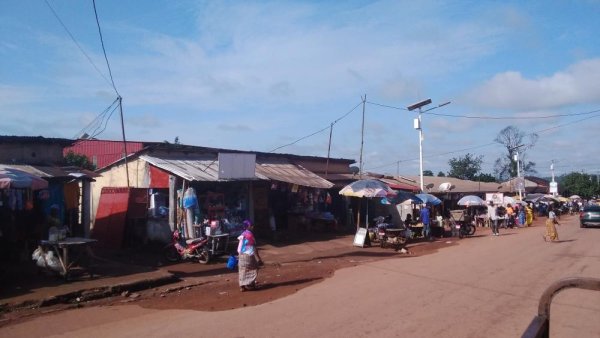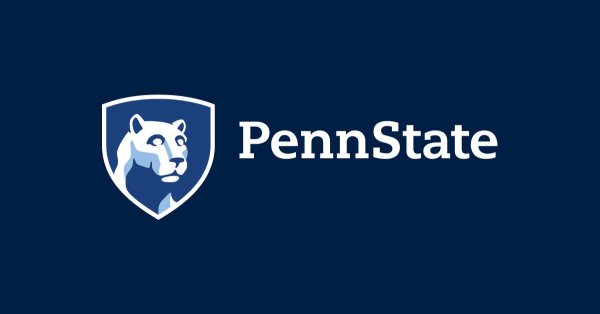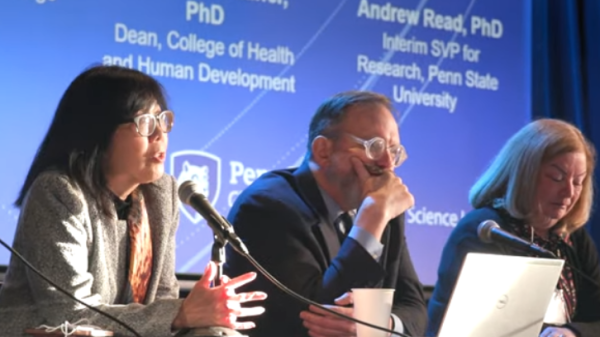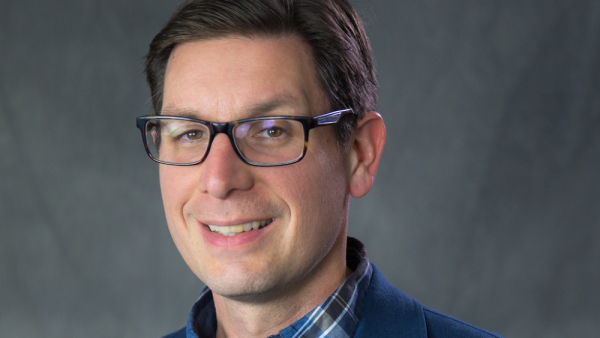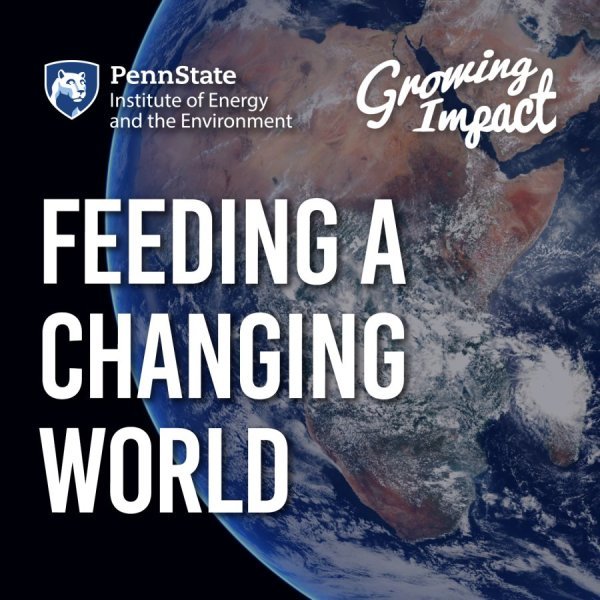CRANET research highlights the ever-changing global workforce
| psu.edu
Penn State's Center for International Human Resource Studies produced an international report summarizing research that highlights the ever-changing global workforce.
New device positions Penn State at the forefront of university research reactors
| psu.edu
The Penn State Radiation Science and Engineering Center (RSEC) recently received a small angle neutron scattering (SANS) device, a $9.8 million equipment donation from Helmholtz Zentrum Berlin in Germany. The arrival of the SANS equipment makes Penn State the first and only U.S. university research reactor to have SANS capability, according to RSEC researchers.
Presidential Public Impact Research Awards program holding informational webinar
| psu.edu
The Presidential Public Impact Research Awards (PPIRA) program at Penn State will hold an informational webinar and Q&A from 9-10 a.m. on Friday, March 15, via Zoom. PPIRA will recognize and support teams of two to four faculty members and their students across Penn State’s Commonwealth Campuses who are interested in or are already conducting research that benefits their communities in pursuit of public impact.
Penn State finalizing plans for major renovations to Sackett Building, Hammond Building demolition
| statecollege.com
Penn State plans to begin work late this year for a project that will significantly renovate the historic Sackett Building and, eventually, demolish the much-maligned Hammond Building.
Sun and space: Harnessing cold universe and solar power for renewable energy
| psu.edu
As traditional energy methods increase in cost and take their toll on the environment, Penn State researchers are turning to two underutilized renewable resources, the sun and outer space, for solutions to generate electricity and passively cool down structures. A mechanical engineering research team developed and tested a dual cooling and power strategy that simultaneously harvests solar energy in a solar cell and directs heat away from Earth through radiative cooling.
March 18 EarthTalks: Heat adaptation actions for cities to improve public health
| psu.edu
Benjamin Hobbs, Theodore M. and Kay W. Schad Professor of Environmental Management, Rui Shi, doctoral student, and Ali Eyni, doctoral student, all at Johns Hopkins University, will give the talk, “City-HEAT (Heat Equity Adaptation Tool): A multi-objective, uncertainty-based planning framework for urban heat adaptation and management,” at 4 p.m. on Monday, March 18, in 112 Walker Building on the University Park campus.
Forest, stream habitats keep energy exchanges in balance, global team finds
| psu.edu
Forests and streams are separate but linked ecosystems, existing side by side, with energy and nutrients crossing their porous borders and flowing back and forth between them. For example, leaves fall from trees, enter streams, decay and feed aquatic insects. Those insects emerge from the waters and are eaten by birds and bats. An international team led by Penn State researchers has now found that these ecosystems appear to keep the energy exchanges in balance — a finding that the scientists called surprising.
E. Willard and Ruby S. Miller Endowed Lecture slated for March 15
| psu.edu
Harvey J. Miller, professor of geography at Ohio State University, will give the talk "Mapping Columbus' Ghost Neighborhoods: Using AI and GIS to Create 3D Models of Neighborhoods Damaged by Urban Highways and Urban Renewal in the 20th Century" at the annual E. Willard and Ruby S. Miller Endowed Lecture at 3:30 p.m. on Friday, March 15.
Q&A: How can we improve the nutrition of children born in low-income countries?
| psu.edu
To support healthy growth and development of infants and young children in low-income countries, Penn State researchers are working to translate evidence-based strategies for improving dietary quality using tailored and culturally appropriate approaches.
Call for ambassadors for Research-to-Policy Collaboration program
| psu.edu
Research findings can often be underutilized in policymaking, leading to limited public benefit from taxpayer-funded research. A program at Penn State is offering scholars from across the country the opportunity to engage with policymakers to help research evidence and expertise inform policy decisions.
Clinical and Translational Science Institute hosts external program leadership
| psu.edu
Penn State Clinical and Translational Science Institute’s recent annual External Advisory Board meeting overflowed with innovative ideas; impactful work across the commonwealth; and recognition, praise and insightful feedback from board members.
Knappenberger named chemistry department head
| psu.edu
Kenneth Knappenberger Jr., professor of chemistry, has been named the new head of the Penn State Department of Chemistry, effective July 1. Knappenberger succeeds Phil Bevilacqua, who has served as the head of the department since 2018.

